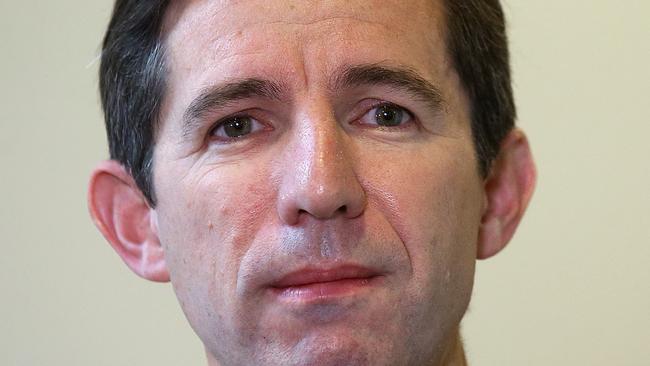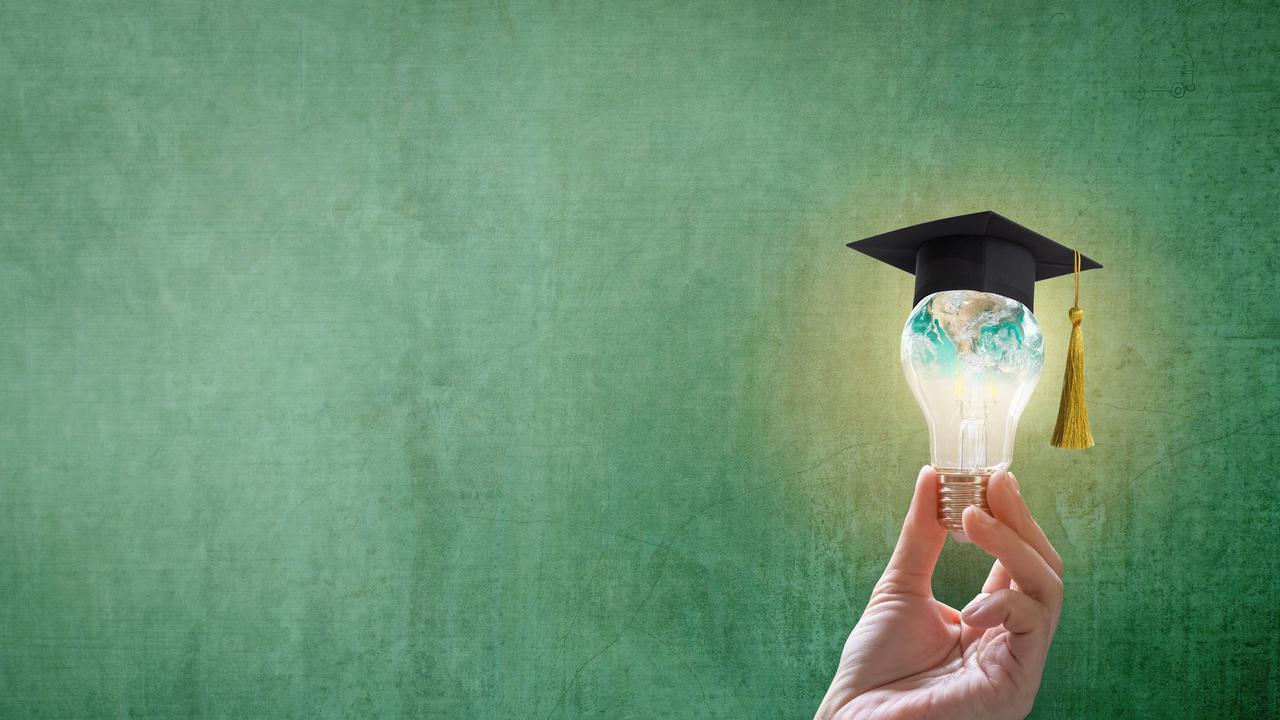Mid-East countries give ANU funding
The ANU has taken millions from Dubai, Iran and Turkey, raising queries about its rejection of a Western civilisation course.

The Australian National University has accepted up to $2 million each from the governments of Dubai, Iran and Turkey, raising questions about the university’s withdrawal from plans to establish a course in Western civilisation with the Ramsay Centre, citing academic autonomy.
The ANU Centre for Arab and Islamic Studies, which has operated since 1994, counts on its advisory board Mirza Al-Sayegh, an adviser to the deputy ruler of Dubai, and former United Arab Emirates government minister Khalifa Bakhit Al-Falasi, also a former ambassador to Australia.
The ANU has come under fire over its handling of the Ramsay Centre deal, which was to result in a degree in Western civilisation inspired by the “great books” courses at New York’s Columbia University and the University of Chicago, backed by a substantial scholarship program.
Explaining its decision to cease negotiations on Friday, ANU vice-chancellor Brian Schmidt said “the sponsored program” sought by the Ramsay Centre was “not compatible” with the university’s “autonomy”.
He had been lobbied by the National Tertiary Education Union and the students association, which said the prospective course would push a “racist” and “radically conservative agenda”.
Education Minister Simon Birmingham questioned ANU’s stand yesterday given its other partnerships and donations. “I’m surprised a university could overcome all the potential ethical considerations across such a wide spectrum of financial relationships, yet be unable to do so with an Australian-based entity whose values align with those that helped to create universities and free academic inquiry,” he said.
The proposed bachelor of Western civilisation degree, which was to commence next year, was the brainchild of healthcare mogul Paul Ramsay, who bequeathed part of his $3.3 billion fortune to establish the Ramsay Centre with the aim of reviving study of the liberal arts.
The centre is chaired by former prime minister John Howard and has former prime minister Tony Abbott and unionist Joe de Bruyn on its board of directors.
The criticism comes as the University of Sydney yesterday confirmed it was in discussions with the Ramsay Centre about co-developing such a course.
A spokeswoman said vice-chancellor Michael Spence had advised the academic board of recent meetings, saying any course would go through the usual processes for development and approval, and the university would not do anything to threaten “its academic freedom or integrity”.
Professor Schmidt declined to be interviewed over the deal. Disclosures on the ANU’s website, however, reveal the university entered into a memorandum of understanding with the Al-Maktoum Foundation, established by UAE Prime Minister Mohammed bin Rashid Al Maktoum.
The foundation has two representatives on the Centre for Arab and Islamic Studies advisory board — Mr Al-Sayegh and Dr Al Falasi — and appears on ANU’s honour roll of largest donors, in the $250,000 to $2m category.
The governments of Iran and Turkey are also on the list, also for between $250,000 and $2m each.
An ANU spokeswoman declined to say exactly how much was donated, when and for what purposes.
She said the university received donations from a range of countries, but donors had no say over what was taught.





